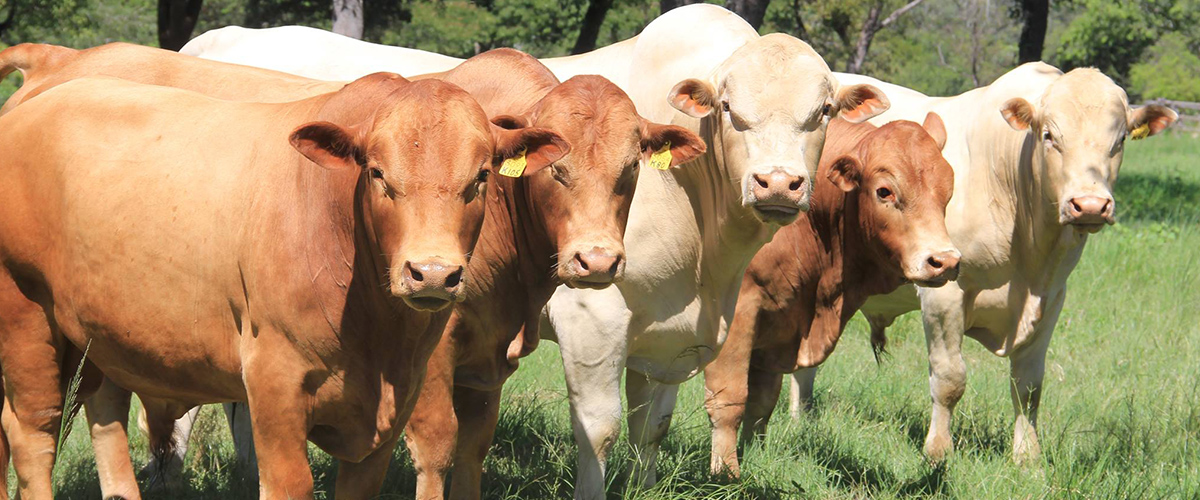This study has been produced with the overall goal to document and analyse exisiting best practices in the field of RWHI management in sub-Saharan Africa, with a special focus on Ethiopia, Kenya, Mozambique and Zimbabwe. This is meant to determine the suitability of RWHI management under multivariate biophysical and socioeconomic conditions. The best practices include specific information and know-how on the performance, cost-efficiency and impacts of RWHI technologies. This information and know-how intends to contribute on the capitalisation of successful and unsuccessful experiences in the field of RWHI management in order to identify best practices which can then be replicated, adapted, improved and scaled-up, leading to greater impacts and benefits on one hand, and effective policies and investments on the other.
Water Management
Rainwater
Small-scale Irrigation
De Trincheria, J., Dawit, D., Famba, S., Leal Filho, W., Malesu, M., Mussera, P.V., Ngigi, S., Niquice, C., Nyawasha, R.W., Oduor, A., Oguge, N.O., Oremo, F.O., Simane, B., van Steenbergen, F., Wuta, M. (2017). Best practices on the use of rainwater for off-season small-scale irrigation: Fostering the replication and scaling-up of rainwater harvesting irrigation management in arid and semi-arid areas of sub-Saharan Africa. AFRHINET Project, Hamburg University of Applied Sciences, Hamburg, Germany.






